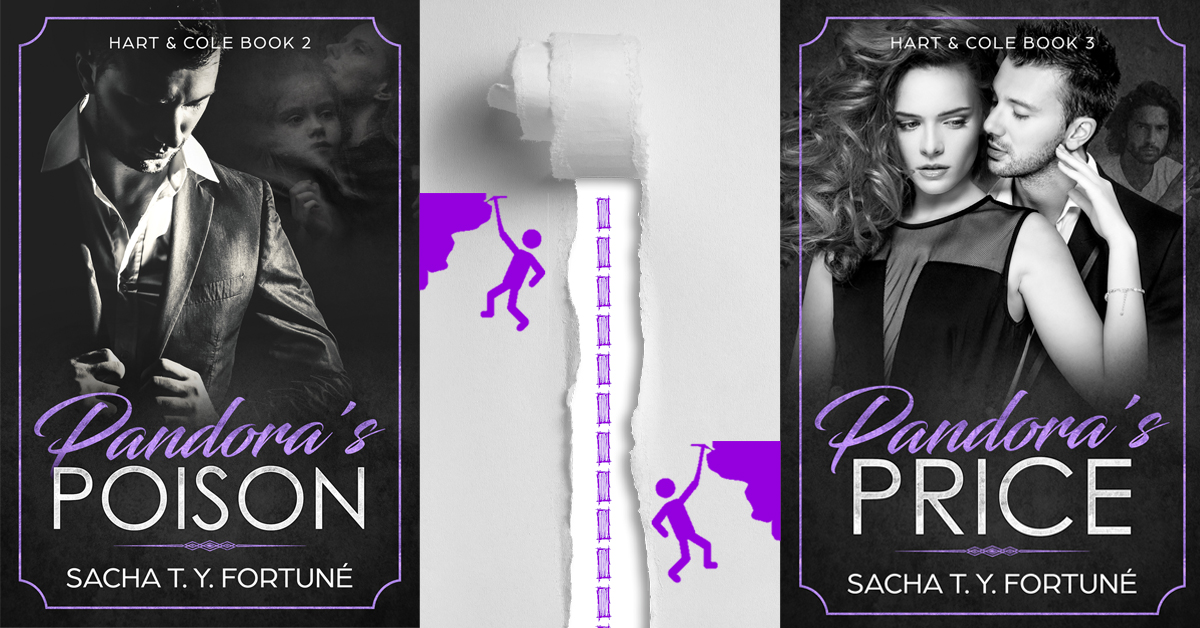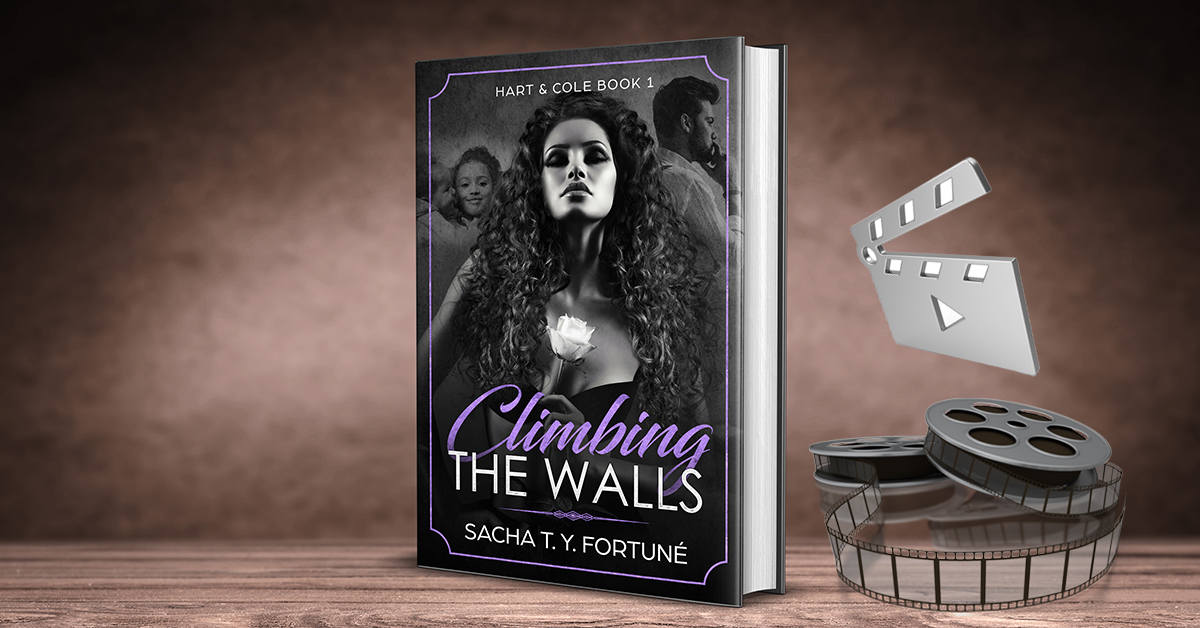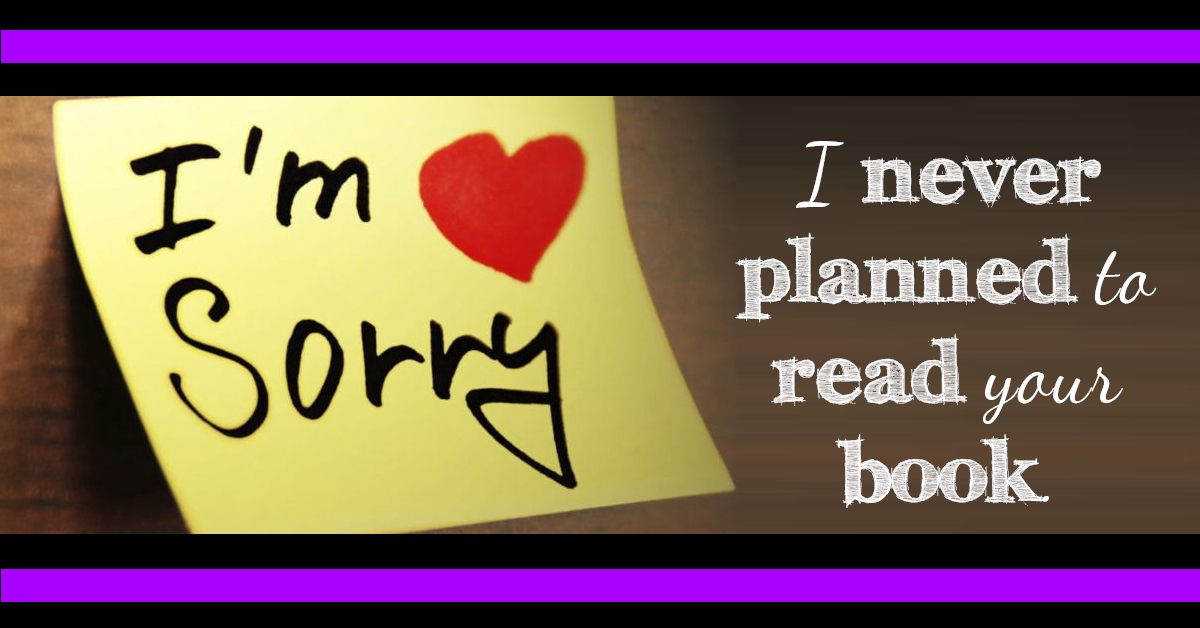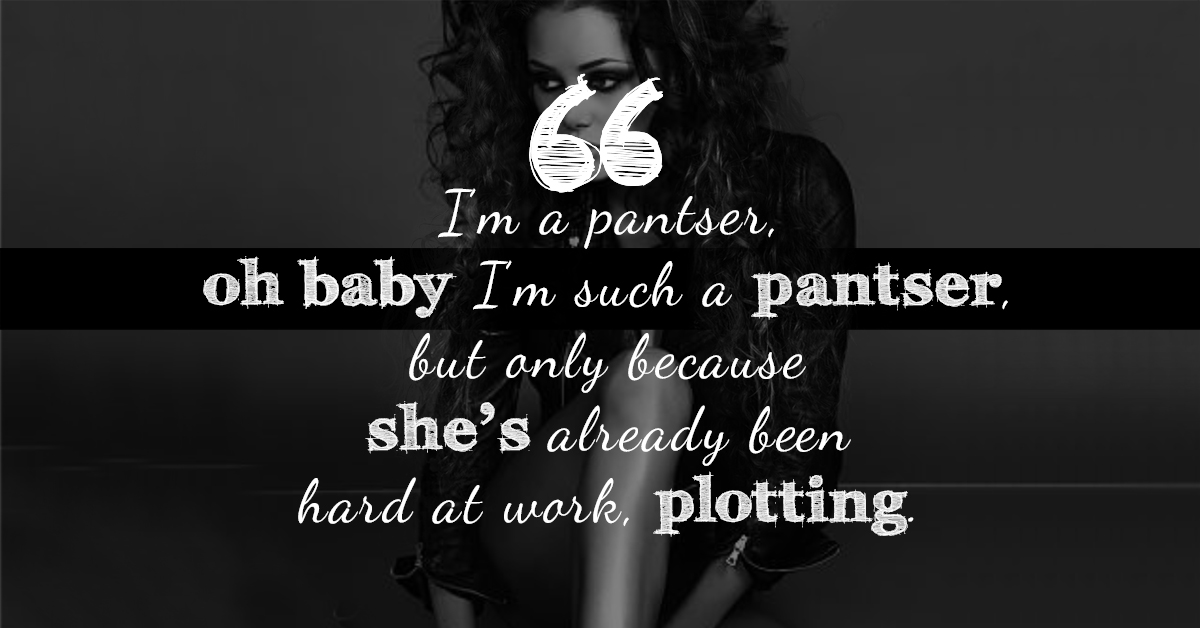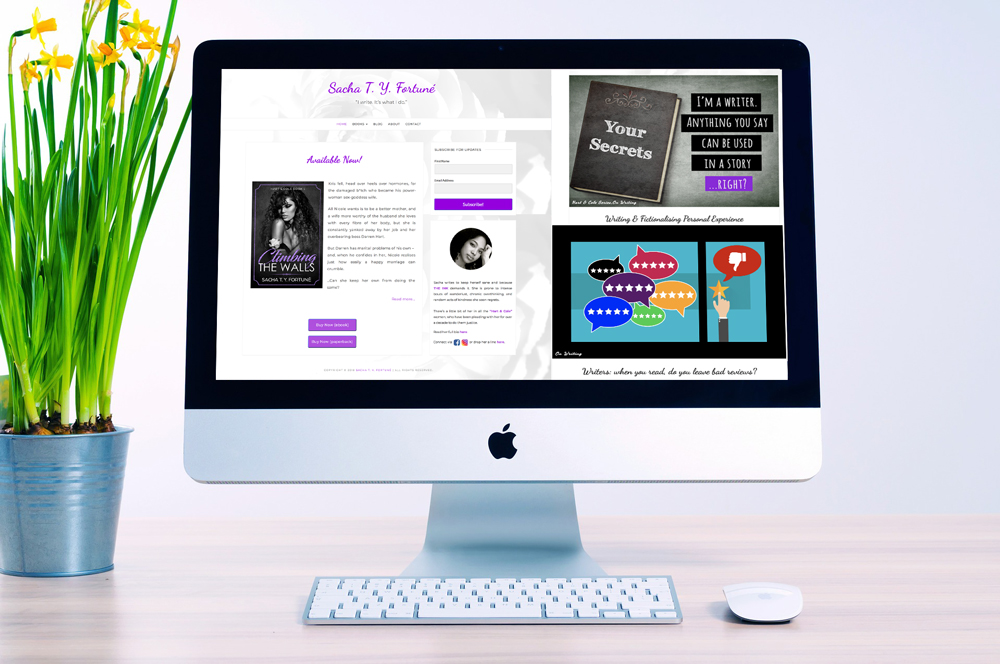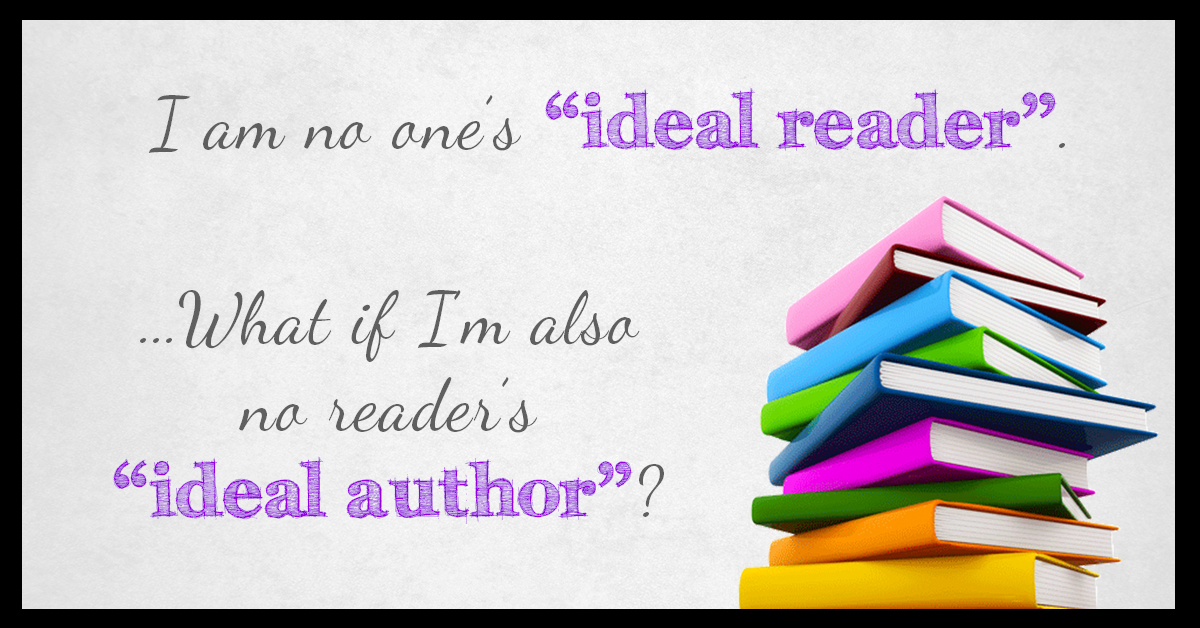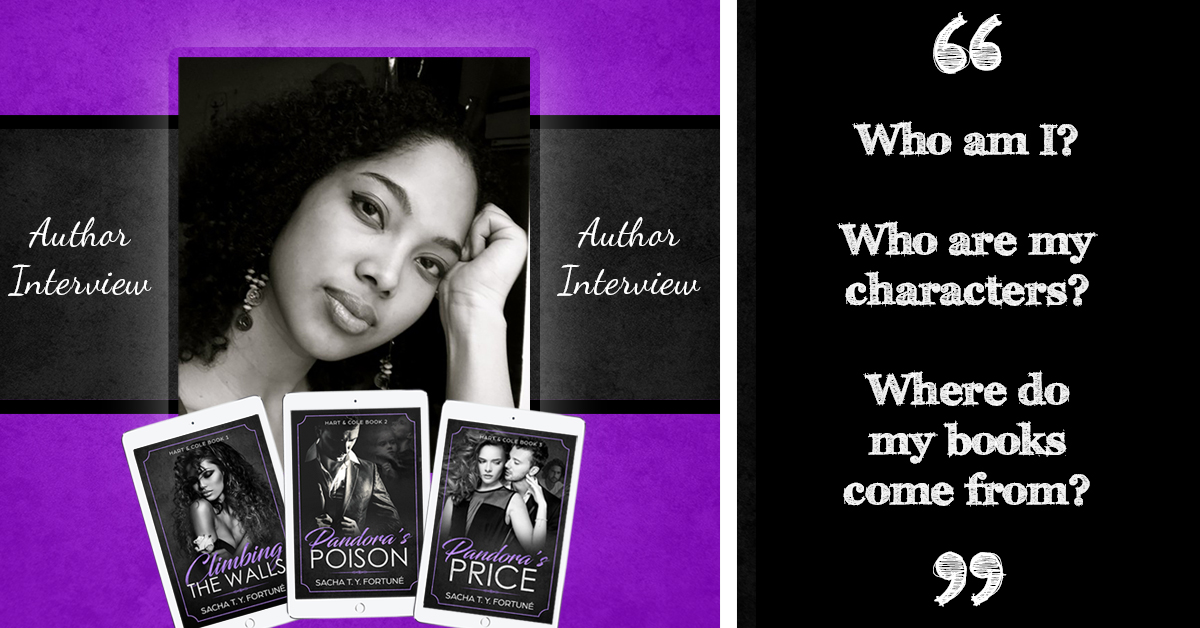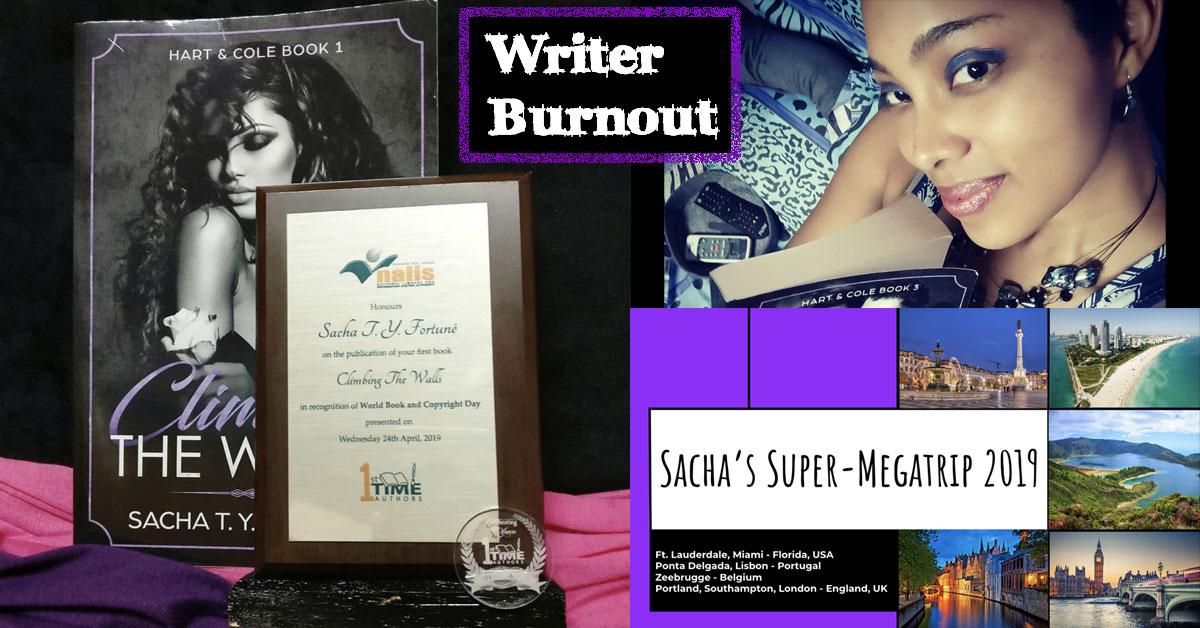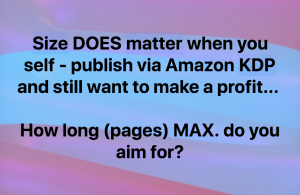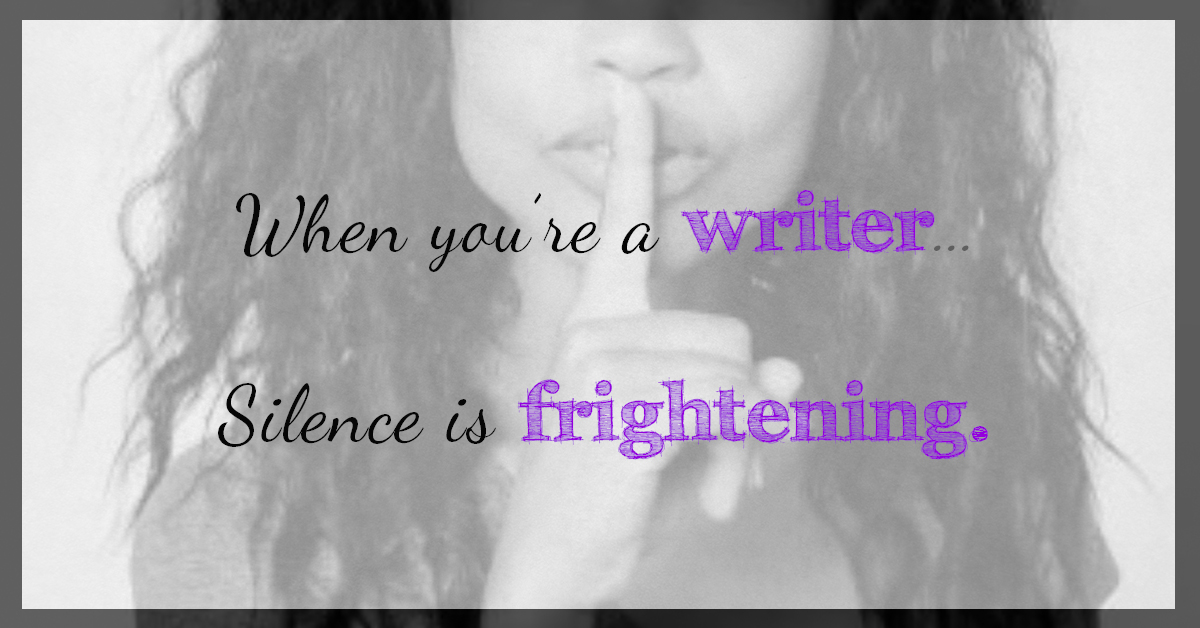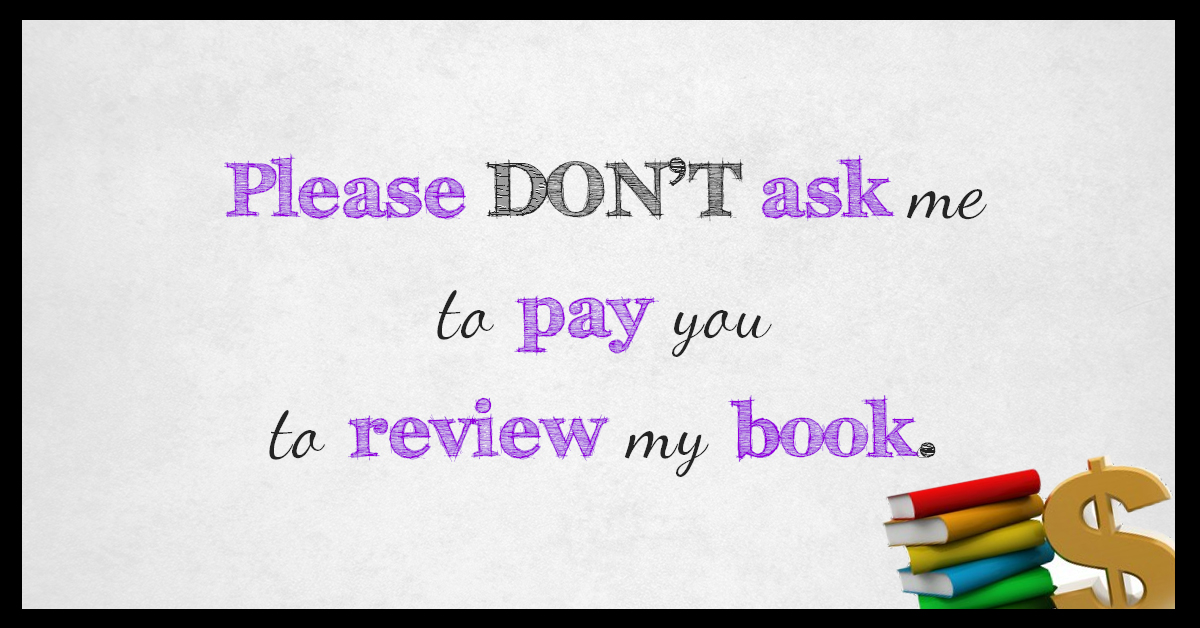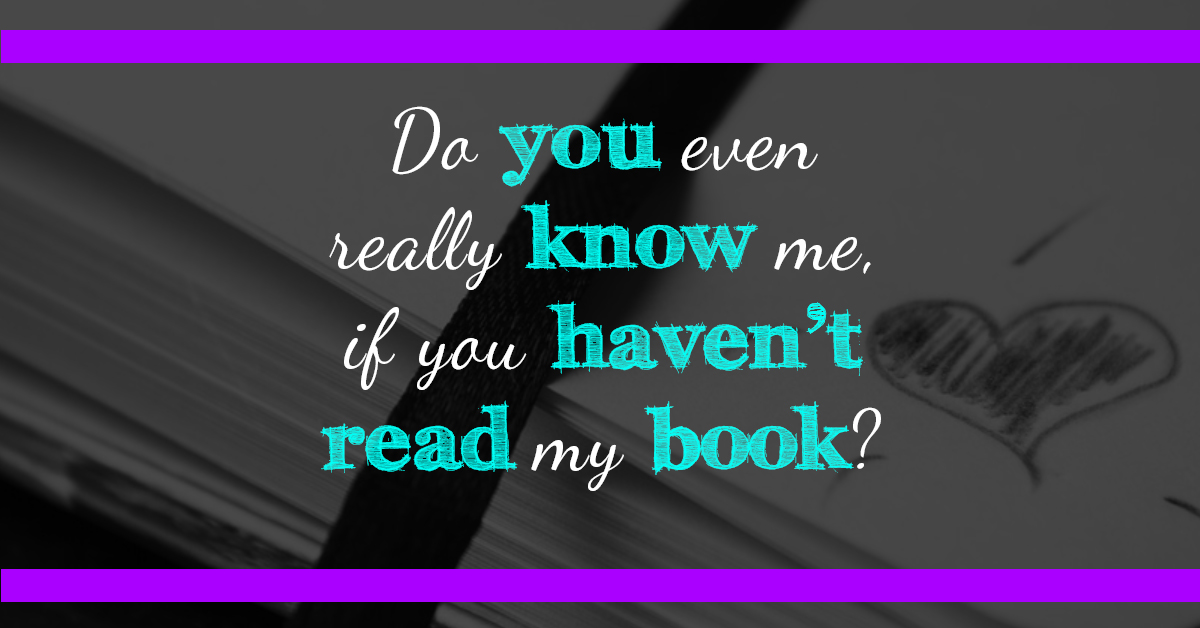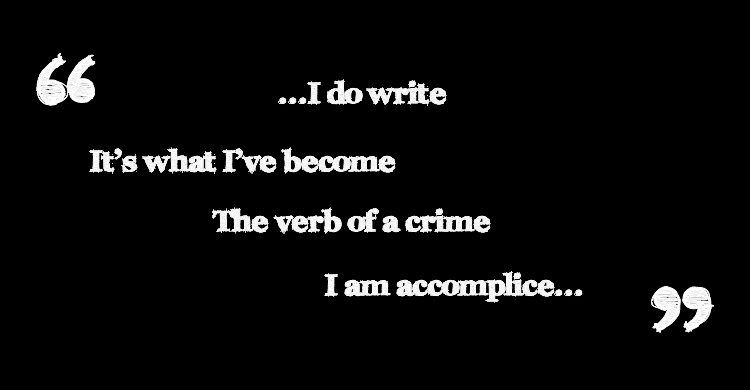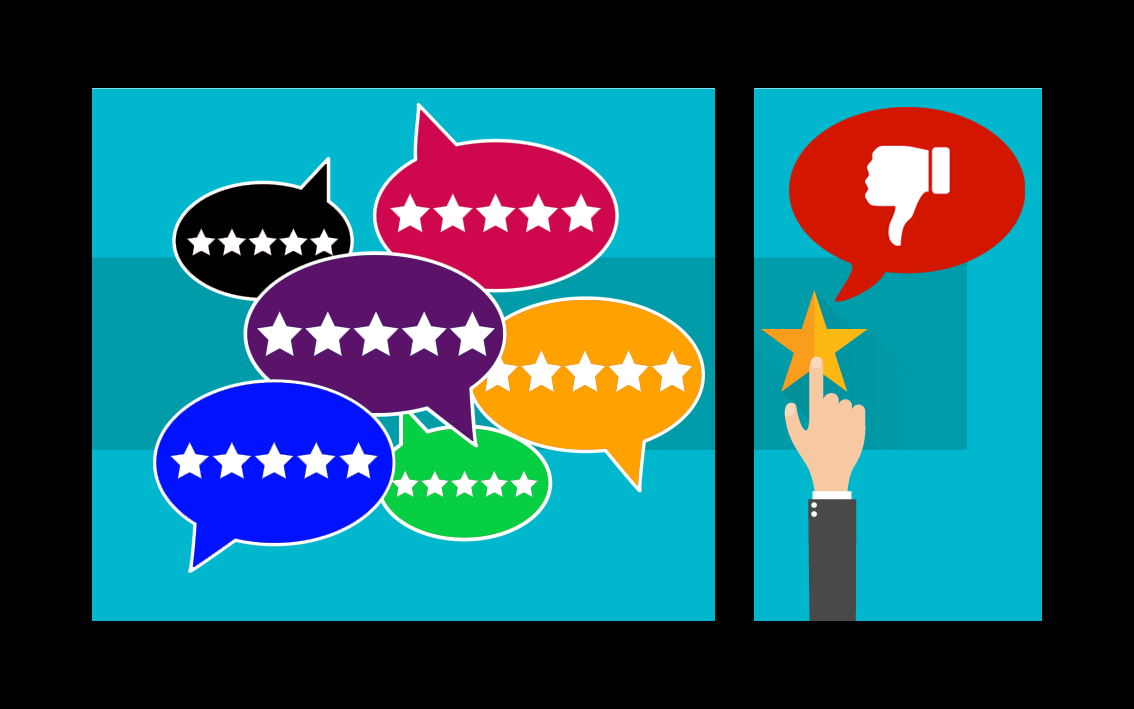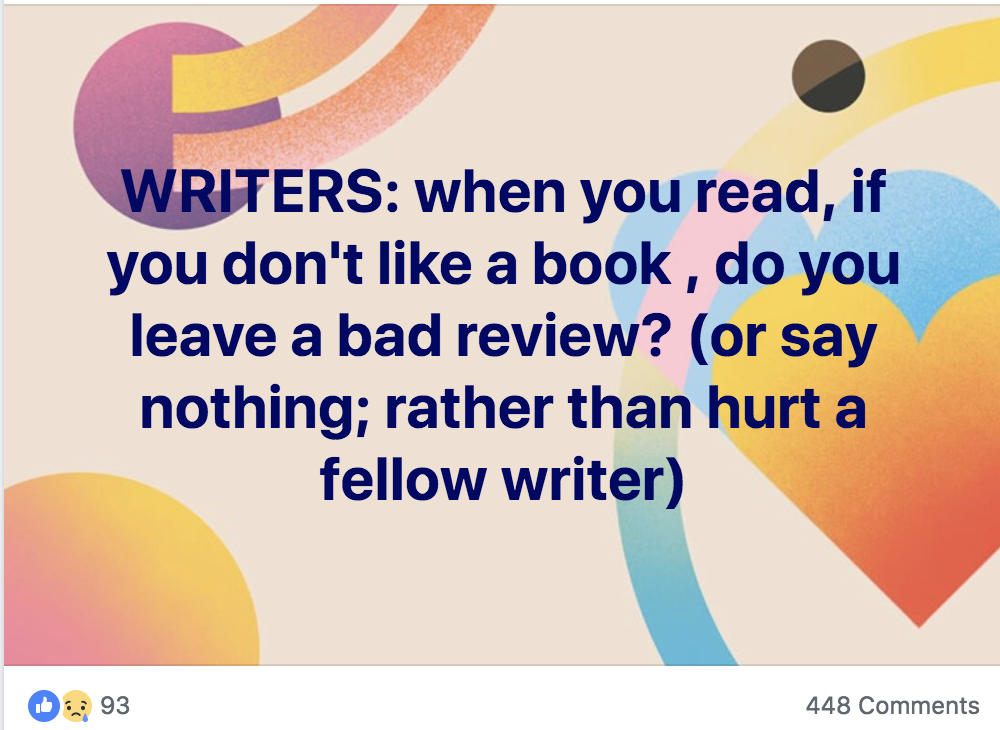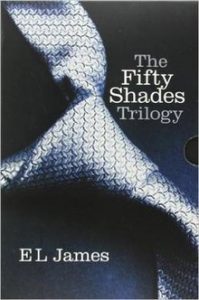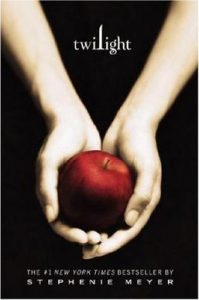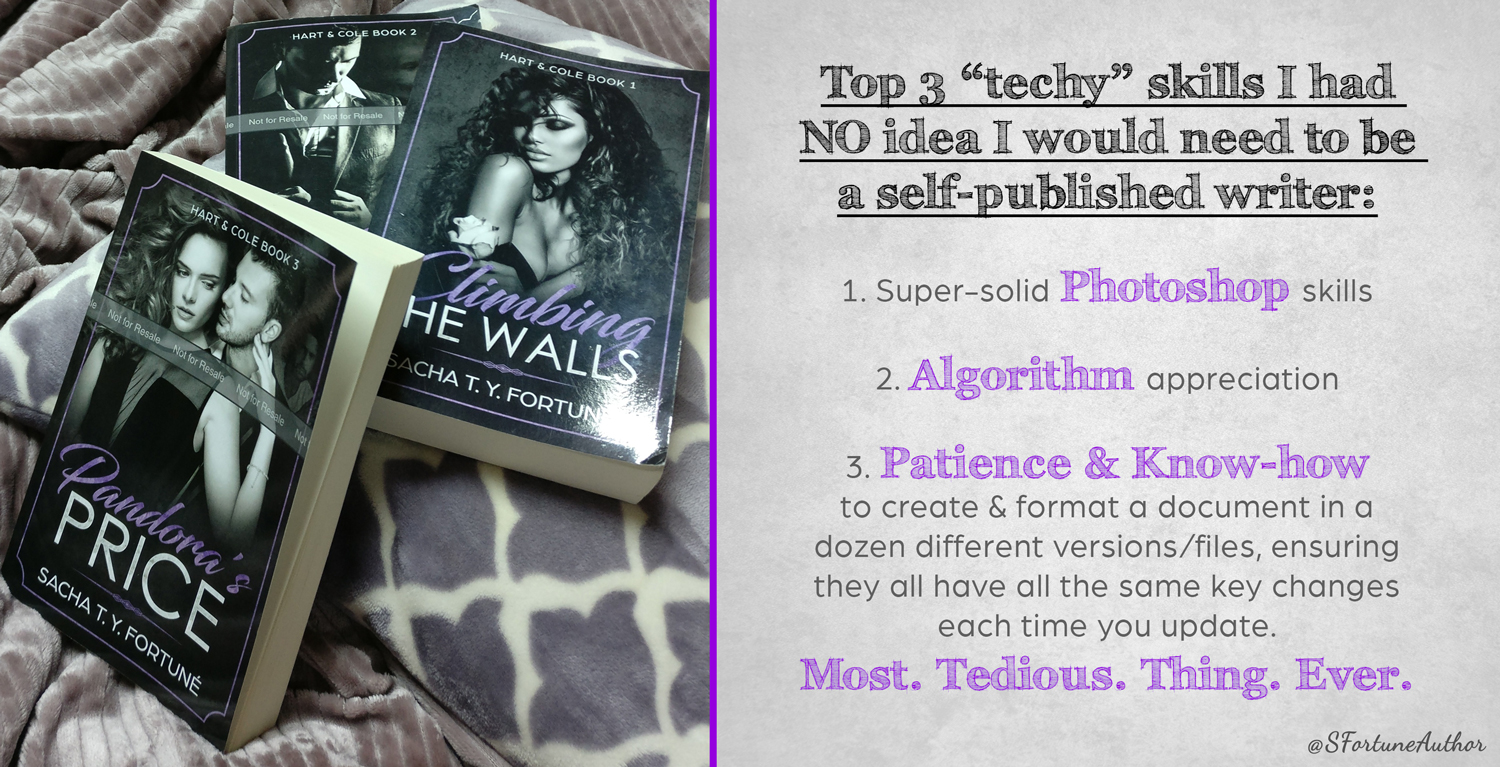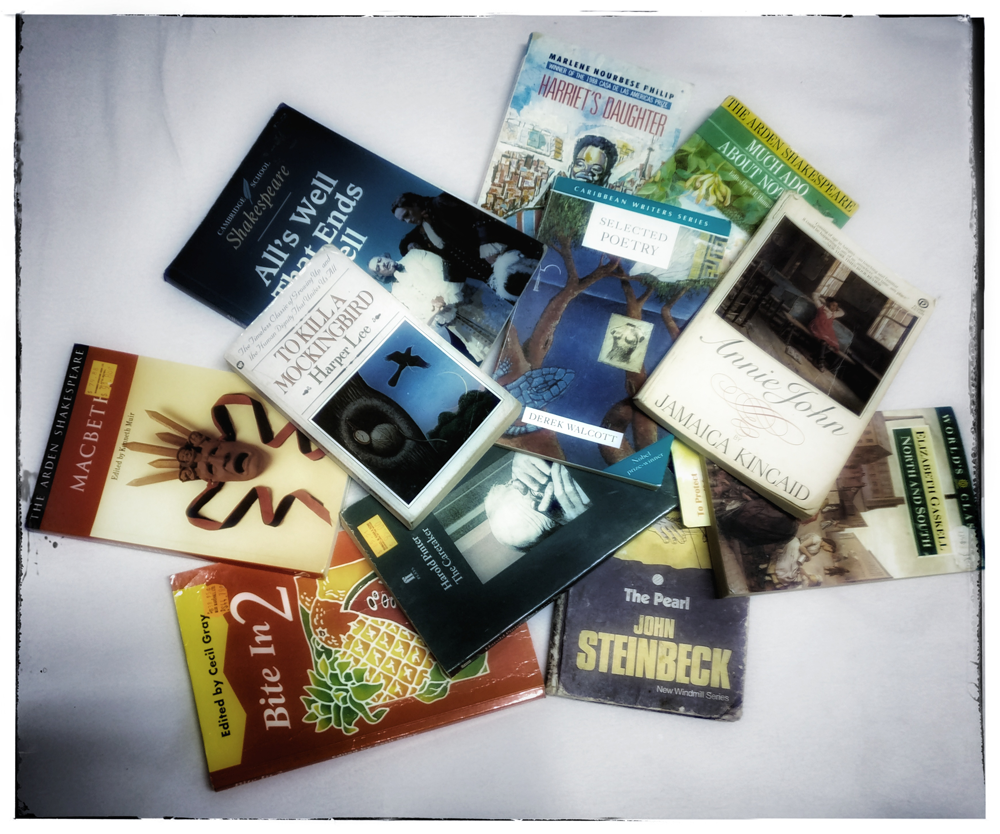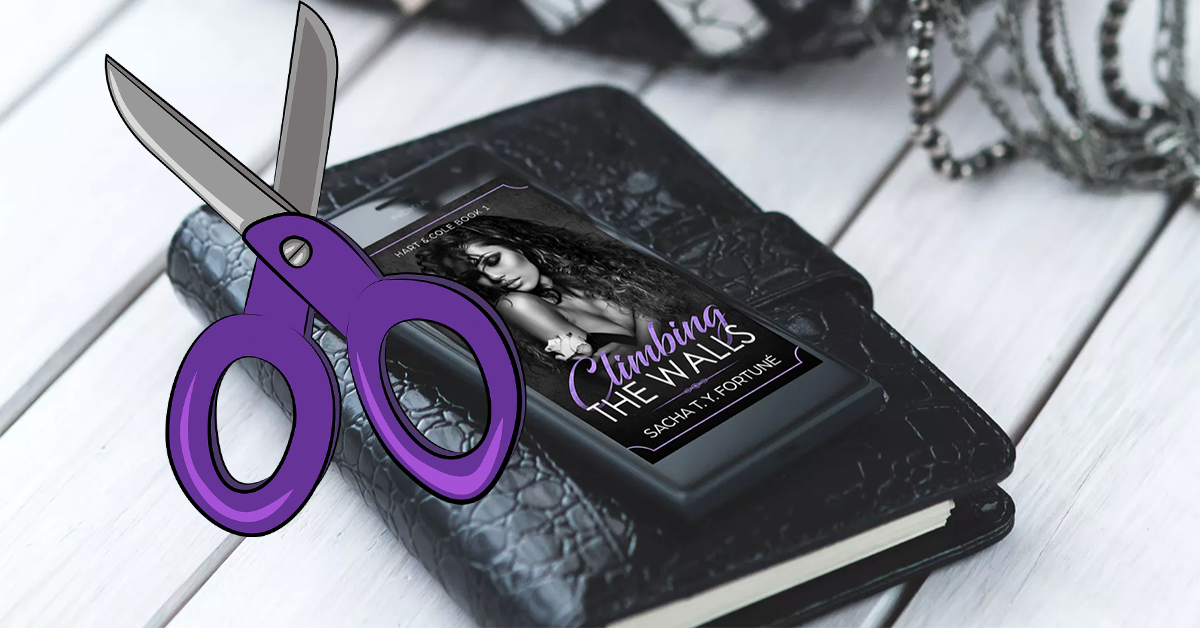Romantic Cliffhangers: Will my story survive the “Big Chop”?
Yeah, yeah, I know. The blog post title is misleading since I always make a big deal about the fact that “I don’t write romance. I write relationships. I write people.”
But for all intents and purposes, my Hart & Cole series is about love. It’s a lot MORE than romance, and it covers all KINDS of love, but the relationship is a driving force here.
And there is a huge aspect of ‘romance’ though I classify it more as a ‘Women’s Fiction’ genre since it doesn’t follow the usual trends of a romance.
Anyway, I’m getting off-topic! Romance or not, my concern is the fact that
(1) there is a love story of some kind, and
(2) there is a cliffhanger at the end of the book…
Chopping into bite-sized chunks
The reason I’m even worrying about this, is that it took me a LONG while to make up my mind, but I finally decided to make “Book 2” into Book 2 and Book 3.
I’d blogged about this earlier when I got a hard ‘no’ from a book blogger for my 555-page Book 1, and I realised that nowadays the length of a typical e-book is certainly a lot shorter than a traditionally-published one would be.
In fact, everything is general is getting smaller and shorter and is now available in a “digestible” format, so it’s understandable that books would be, too.
Problem is, I simply can’t cut my book down to such bare bones.
My characters have a LOT to say, and my story is long because it simply has to be.
…But while I can’t cut down, I CAN however cut it into smaller pieces.
And… well, yeah. In this case, I think I have to. I’ve been as stringent as I can with editing… and Darren’s and Luisa’s story still comes up to over 300,000 words and 775+ pages!
Yeah. No one’s ever going to buy the print version of that, unless they want a giant brick to prop open a door!
And honestly, after living in their heads for 350+ pages, I myself need a breather!
So… I made the big decision to CHOP, baby, CHOP.
Where & How to Chop?
Fortunately, there is a somewhat “natural” point of their story, where it made sense to chop, and it does happen near to the mid-mark — Chapter 30 out of 55, so it was nice to round those up and make it “Chapter 30” for Book 2 and “Chapter 25” for Book 3.
Also, for some reason I had always naturally provided somewhat of a mental recap in Chapter 31 (now Chapter 1 of Book 3). So it wasn’t *too* bad of a change, to split them.
It did call for some rewriting, though. I had to rewrite the last scene of “Book 2” so it seems like it’s somewhat of a conclusion-for-now, of sorts.
And as Book 3 was shorter than Book 2, for balance I made a few chapters in Book 3 a bit longer — which was fun, actually.
I threw in a MUCH longer scene for a convo with Luisa & new gal-pal Vicki (because OMG I just love Vicki, and she’s been begging me to fluff her up a bit since I’m making her wait SO long for her own story!)…
And I also did a MUCHHHH longer final scene with Darren and Nicole that made my toes curl! *eh-ehrm, a bit too much info there*…
So objectively speaking (or as objective as I can be, given that I’ve written the damn thing myself!) I don’t think the chop is HORRIBLE.
And I think it’ll benefit me in the long run, to have two books instead of one giant brick.
Yay, me.
…But what about the readers?
Angering the readers…?
I guess it’s fortunate that I’m not super-famous yet, and chances are that Book 3 (planned for 2 months after Book 2) might actually be released before most readers even get the chance to read Book 2.
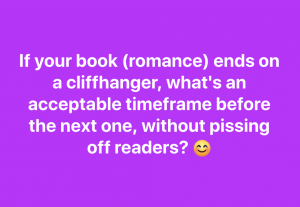
So maybe I’m overthinking this, and it won’t matter. I haven’t sold enough books yet to have a throng of fans chasing me with pitchforks because they don’t know who ends up together!
But I did throw the question out to a few writer groups, and came back with responses at both ends of the spectrum.
My first response (which made me regret even posting it!) was…
“By ending with a cliff-hanger, you’d have pissed me off enough not to care, because I wouldn’t purchase the next one.”
Ouch.
Fortunately, he (and others like him) were in the minority and others quickly jumped in to point out:
- Cliffhangers are the norm these days, not the exception.
- Once you DO warn readers in the blurb, it’s generally acceptable.
- You may not sell as much for the series until ALL the books are out, as readers have been burnt before.
- It works fabulously if you have a short time period and a pre-order link for the next book, so you reassure them they just have to hang on a little longer.
- You may get bad reviews if you have a cliffhanger (especially if you DIDN’T warn them), but you’ll sell better overall in the long run.
- Once you DON’T wait TOO long, your readers will forgive you and will gladly hold on patiently and remain loyal when your next book comes out.
Phew. Okay.
Which brings me to the heart of what I was actually asking…
What’s “too long” for a romantic cliffhanger?
That question got responses everywhere from 6 months to a year (on the long side), 1-3 weeks (on the short side), 1-3 months (on the average side), and a few jokesters who said:
Two hours!
And…
3 days! Did anyone say 3 days yet? Is this like “The Price Is Right”?
Ha, ha. You can always trust writers to come up with the best responses! 🙂
My foray into reaching out to other writers did bring me to ‘Zon’ (the equivalent of “Google” but on Amazon Kindle) a few of them, and get an idea of their success with cliffhangers. Generally, there were negative reviews but they were more than balanced out with high ratings and gushing reviews.
So despite its iffy bad-boy rep, readers do tolerate — and some even love — that pesky cliffhanger.
Will my story survive the “Big Chop”?
So… I’m going with the cliffhanger. I’m going with two books, two separate entities, though I originally wrote it as one story.
I’m going with a story that feels half-baked when it winds to a close, and as a reader I’d be ripping my hair out and flinging the book at the wall.
Because, you see…
I personally hate cliffhangers, romantic or not, and prefer to have all the words available if I choose to read on.
I personally hate short books with cliffhangers, as it feels like I’ve been cheated into buying another one. (Bitch, I’m cheap!)
…But does it change things, if each book is long, like mine are? Hmmm…
…And does it change things, if I throw in a preview of what’s coming up? (I do)
…And does it change things, if I make it VERY clear in the blurb that this IS a cliffhanger?
…And does it change things, if I have the preorder link with a two-month gap in between?
Sigh.
I’m still doing, as a writer, what I would hate to have done to me, as a reader!
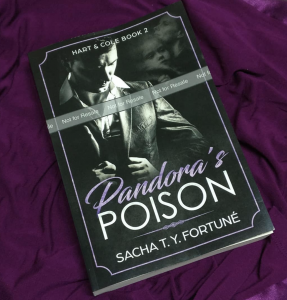
I personally still see Darren’s and Luisa’s story (and oh lordie, it’s a doozy!) as one holistic entity.
But no sane person needs that giant brick 775+ page opus; that might scare everyone away from the jump!
There are far too many good reasons to split it, than there are NOT to!
Plus… my 385-page print of what’s now going to be Book 2 is such a cute size to hold 🙂 …
*Deep breath*…
Cliffhanger, this could be the beginning of a beautiful friendship…
